Refractor vs. Reflector Telescopes
If you’re in the market for a new telescope, you’re sure to run into the question of refractor vs. reflector telescopes. How do they work? Which one is better? In this article, we’ll make sense of these questions to help make your decision process easier.
The first step in deciding on a refractor vs. reflector telescope is determining what you want to see. Refractor telescopes utilize specialized lenses that make them a favorite for deep space objects like galaxies and nebulae. In contrast, reflector telescopes are more popular with larger and brighter objects like the Moon and planets because they use mirrors that provide more sensitivity to all wavelengths.
Let's get to know them more below!
REFRACTOR TELESCOPES
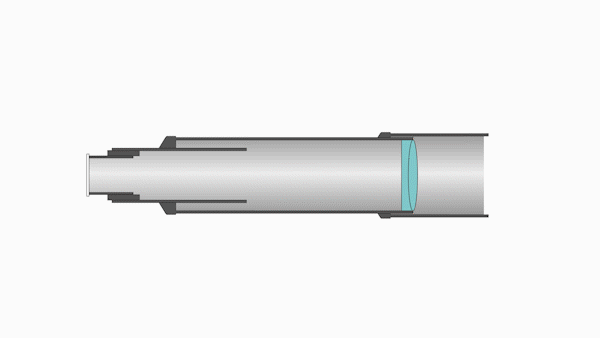
Refractors utilize specially designed lenses to focus the light into an image. Most refractors contain two lenses:
- The larger is called the objective lens, which focuses incoming light inside the tube
- The smaller is called the eyepiece lens, which focuses the light for viewing
The objective lens is located near the far end of the telescope tube, and the larger the lens, the longer the optical tube must be to bring the image into focus.
The length and size of the lens of a refractor, combined with the fact that large lenses can be difficult and expensive for glassmakers to manufacture at high quality, means that larger refractors can get rather expensive. For this reason, most refractors tend to be smaller-aperture models, making refracting telescopes one of the most portable telescopes on the market.
A good beginner refractor is the Celestron PowerSeeker 80EQ telescope, which is great for both celestial and terrestrial viewing.
REFRACTOR TELESCOPES AND CHROMATIC ABERRATION
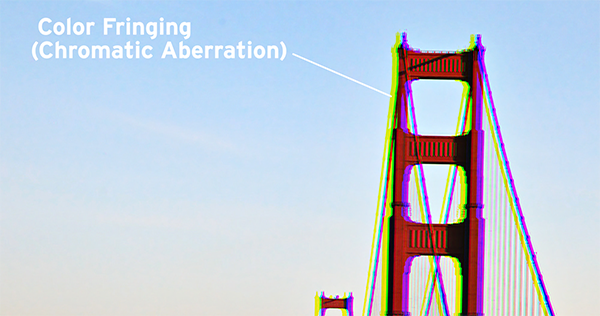
One drawback of refractors is chromatic aberration, which is color fringing caused by the fact that different wavelengths of light are refracted at different angles by the same lens. Specifically, a wave of light contains many different wavelengths. When these enter the lens, they split from each other and arrive at slightly different angles. To the observer, the image will contain distinct coloration at the edges.
Most low-cost refractors are “doublets,” which may have color fringing, whereas “triplet” refractors are designed to eliminate this issue; this three-lens system is referred to as an apochromatic refractor telescope.
Still, whether a doublet or triplet, refractors are solidly built scopes. Their non-movable lenses make for a sturdy design that doesn’t need much maintenance beyond the occasional cleaning.
Pros of Refactor Telescopes
- Low image distortion
- Images are right-side-up
- Lenses don't require collimation
- A closed system means low maintenance and very little cleaning
- Beginner friendly.
Cons of Refractor Telescopes
- Chromatic aberration (can be corrected with apochromatic telescopes)
- Smaller apertures due to high cost
- Less light collected
- Wider apertures are very expensive
REFLECTOR TELESCOPES
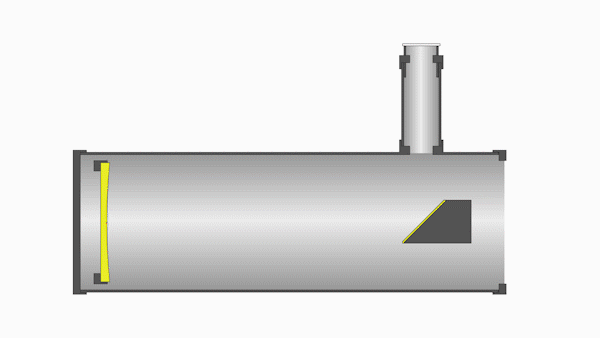
Whereas refractors use lenses, reflectors use mirrors. These mirrors reflect light at various angles within the optical tube, extending the overall light path.
A reflector consists of a primary mirror located at the opposite end of the telescope from the aperture and a smaller secondary mirror near where the reflected light converges. This secondary mirror reflects the light toward the eyepiece or CCD.
It’s relatively common for reflectors to be less expensive than refractors since manufacturing large mirrors is usually more affordable than manufacturing large lenses.
Additionally, reflector telescopes are not susceptible to color fringing in the same way that doublet refractors are. If you’re looking for more bang for your buck in terms of aperture, reflectors are a great way to go. This is especially true for Dobsonians, which come with their own easy-to-use rocker-box mount.
Reflector telescopes can provide great value and offer many conveniences. They can also come in a variety of sizes, some of which can get quite large. With this in mind, purchasing the largest reflector you can afford is a great, low-cost way to get a high-aperture scope. Just make sure you can store and transport it safely.
Considerations About Reflector Telescopes
There are some things to consider about the reflector design. By default, the image you see through a reflector’s eyepiece will be upside down. For this reason, you’ll want to use your scope’s finder to line it up with the objects you want to see before looking through the eyepiece. Most modern reflecting telescopes come with a finderscope or a red dot finder, so you most likely won’t have to make an additional purchase to acquire this.

Additionally, reflector telescopes will sometimes require a process called collimation, which consists of adjusting the reflector’s mirrors to ensure they stay in proper alignment with each other.
When properly maintained, a large reflector is a great way to view smaller or faraway objects with great clarity. It provides excellent value for achieving high-aperture viewing.
Different Reflector Designs
There are several popular reflecting telescope designs:
1. Newtonian
Lovingly referred to as a “Newt,” this is the simplest type of reflector: a parabolic mirror that reflects the light back to a secondary mirror at a 45º angle, which directs it to an eyepiece or camera. These are excellent for beginners, have short focal ratios, and can have large apertures. However, they require regular collimation and are quite heavy.
2. Dobsonian
The Dobsonian (or “Dob”) is simply a Newtonian telescope mounted on a modified alt-azimuth mouth, making it relatively easy to use. This mount lets it rotate freely and removes the need for a tripod. Dobs are great for visual astronomy and can have large apertures, though they are not well-suited to deep-sky astrophotography and are large and heavy.
3. Richey-Chretién (RC)
A variation of the Cassegrain design, the RC telescope uses hyperbolic instead of parabolic mirrors. This eliminates coma almost entirely, though they suffer from astigmatism (or “wings” on either side of bright stars). They are great for deep-sky astrophotography but are more expensive and not well-suited to planetary work due to how the large central obstruction decreases contrast.
4. Dall-Kirkham and other Cassegrains
These designs are less common but are excellent for planetary astronomy. They use all-mirror designs instead of the lenses introduced by Schmidt-Cassegrains and refractors. They suffer from no chromatic aberration and have long focal ratios, though they are expensive and have a narrow range of uses.
Pros of Reflector Telescopes
- Great for beginners
- Big aperture for observing deep-sky objects
- No chromatic aberration due to the use of mirrors
- Capture significant amounts of light
Cons of Reflector Telescopes
- Optical quality can disappoint
- Mirrors require collimations and cleaning
- Open tube design leaves equipment vulnerable to humidity, dust, etc.
- Heavy, large design
Reflector vs. Refractor: Which is Better?
If you are interested in astrophotography, purchasing a refractor is probably a better option. This is because of its specialized optic design, which captures deep space objects like galaxies and nebulae. Choose an apochromatic model if you want to avoid chromatic aberrations.
A reflector telescope is the better choice if you are interested in brighter celestial objects like the Moon or planets. Due to reflectors’ larger apertures at similar prices, they’ll usually be the best choice for almost all things visual. They can also be great for deep sky astrophotography, but we don’t recommend them for beginners because they require a lot of maintenance and precise setting up.
Refractors, on the other hand, can also be great for visual, but they get very expensive for similar-size apertures as reflectors. But they are excellent for deep sky astrophotography and are what we recommend for all beginners getting started in deep sky imaging.
Contact us if you have any questions — our sales team is knowledgeable, friendly, and ready to help.
Check out our telescope buying guide for some step-by-step help. For beginners in astrophotography, check out our video on how to build an astrophotography setup to get started!
19 Responses
William
I salvaged this MEADE AUDIO STAR telescope and would like to utilize it. Don’t know anything about telescopes. The only markings on it are:
D=114 F=1000 f=8.8 It has one eyepiece, MA 25mm. Looks like there are 2 more slots for eyepieces which are missing. So, what can I do with this thing?,, can I still buy eyepieces that are missing even though apparently Meade is out of business? Anything you can do to point me in a right direction to make this operable I would appreciate it.
It does have some kind of a motor control but I would be happy to just manually point it for starters.
MikeA
You neglected to mention that the mirrors in reflector telescopes will delaminate after 5-8 years. This will require a replacement mirror, which, to my knowledge, consumer model manufacturer’s do not offer forcing you to purchase an entirely new telescope. This is also why you should NOT purchase used telescopes if they are a reflector model.
Mike
If anyone thinks that they can look through a telescope (reflector or refractor) and see a clear view of a galaxy (Andromeda for example) or a nebula (Orion) like they see published, they are sorely mistaken. Those images are compilations of hundreds of long exposure photographs taken over one or more nights, through a telescope situated on a computerized mount that compensates for the rotation of the earth relative to the subject, and are usually hours worth of collecting data and “stacking” the images. If you want to see images like those, that you create yourself, you need to get into astrophotography, Its a fascinating but time consuming expensive hobby. Unless maybe you have access to HST or JWST. but still i don’t think that would be the case. Correct me if I’m wrong.
Rajesh
I’m confused about my decision to buy a good telescope to see celestial bodies bid and small. I want to see all close as well as deep space
Laura
I have double vision corrected by prism glasses. What’s my best option for Star & galaxy viewing. I see twice as many stars as everyone else.
Jay
Well I’m much more confused now, then I was before reading this article?
Still don’t know what is better for me? I want deep space and to connect my phone for a few pics?🤯🤯🤯
Nick
First bullet point under “Pros of Reflector Telescopes” section says “Great for beginners”.
Under “Reflector vs. Refractor: Which is Better?” it then says “A reflector telescope is the better choice if you are interested in brighter celestial objects like the Moon or planets. Due to reflectors’ larger apertures at similar prices, they’ll usually be the best choice for almost all things visual. They can also be great for deep sky astrophotography, but we don’t recommend them for beginners because they require a lot of maintenance and precise setting up.”
Is it great or not for beginners? Considering Joe’s comments too makes me unconfident about the info on this page
Vicki Wells
Looking for a telescope that’s good for deep search and will allow us to see DETAILS .
Rings of Saturn, craters and spots on planets, nebulae, and more. I’m looking for my husband who has always wanted one and is SUPER into stars, planets, etc. He us a beginner but brilliant and will not stay that way for long! I’m ok spending a decent amount of money… this will be an investment and I was to get one that’s nice and can be used to watch and find and if he chooses for photographs!
Kaz Vorpal
The article seems to be trying to avoid clearly stating that reflectors are inferior for seeing detail and color. “Optics can disappoint” seems positively evasive.
If you want to see planets with any detail, you need a refractor. Want to see the bands of Jupiter? Want to see Saturn’s rings as more than a slash across the planet? Then you need a refractor. Even if it has half the aperture, it will give you a better image. This is true, to a lesser extent, for closer/larger nebulae and even Andromeda.
Someone
Soooo… I have a reflector telescope that I recently bought to see the moon and all that, but, the tripod thingy broke, and now I have to stand really still to see the moon.
Bronco Oostermeyer
Arguably something like a Celestron RASA would be best of both worlds only loosing points on portability. If I had to choose between a redcat 71 and RASA8 (to name something) I would choose the latter for DSO AP.
Clarity Scopes
Thank you for posting a blog comparing both reflector and refractor type telescopes. As an optical Instrument provider our-self, Clarity Scopes has well equipped inventory with various types of telescopes to choose from. Learn more at https://clarity-scopes.com/
Dragos
Your answer Kavya gupta
AR-90L Refractor telescope
High quality achromatic lense telescope
Telescope for night and solar observation
Ideal for observing planets, the moon and the sun
Maximum recommended magnification: 180x
Aperture: 90 mm / Focal length: 1200 mm
Universal 44 mm Dovetail plate (fits LXD75/Great Polaris/EQ5)
Long focal length design – ideal for high magnification
Smartphone camera adapter for sky navigation included
Aperture solar filter included
169,00 € *
Rob Frost
General rules for buying a telescope…
1. Aperture rules for visual, this mainly for deep space due to light gathering.
2. Long focal length scopes with less aperture for moon and planets. Less affected by the seeing conditions and cuts out surrounding star field.
3. Short focal length refractors are good beginner astrophotographers scope because they are easier to master. (Mount always the most important item in astrophotographers kit).
Камен Райков
Reflector are the better option for deep space objects like galaxies and nebulae.
Joe
“…a refractor is a better option because of it’s specialized optic design that captures deep space objects like galaxies and nebulae.”
It’s? Ummm, wrong
Kavya gupta
I want to buy a telescope which telescope is good for to see the planets with the good image in telescope I want to buy reflecator
Kavya gupta
I want to buy a telescope which telescope is good for to see the planets with the good image in telescope I want to buy reflecator


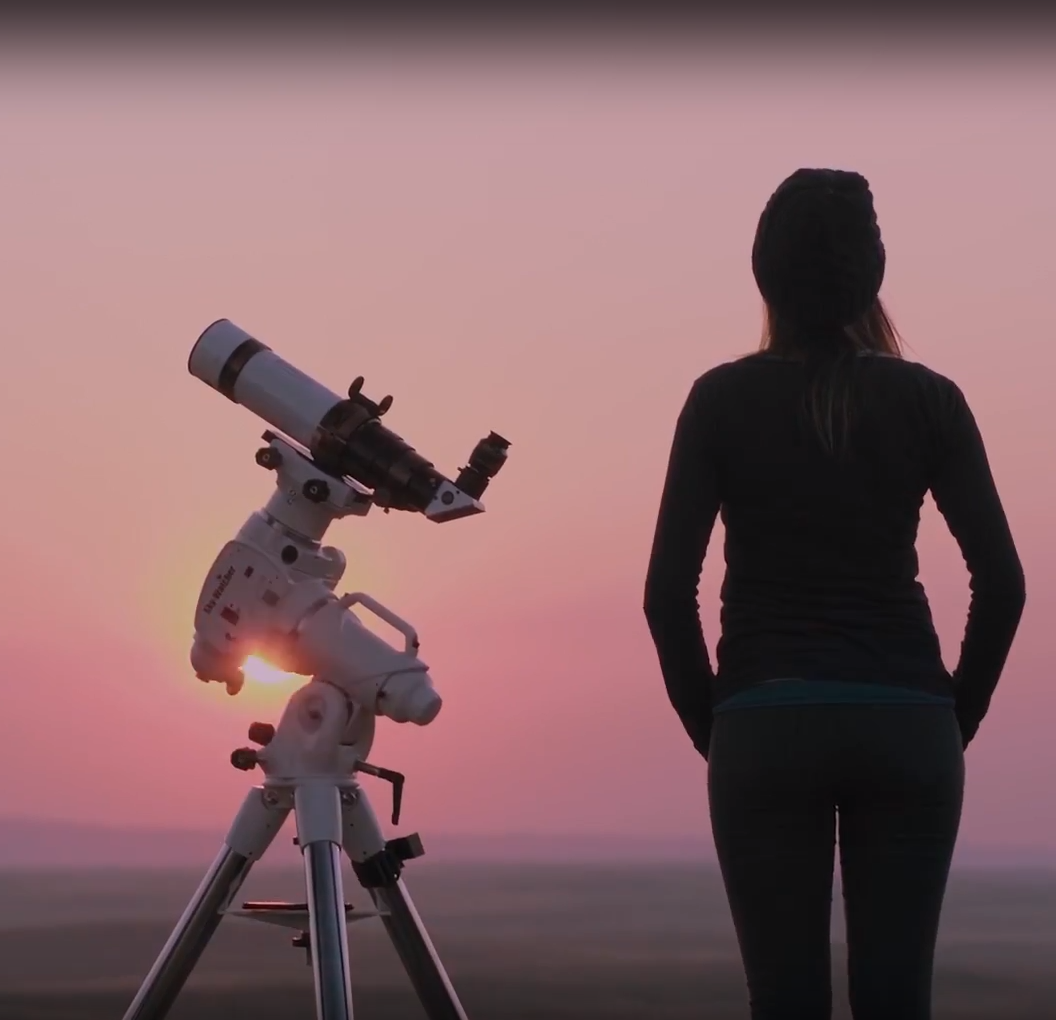
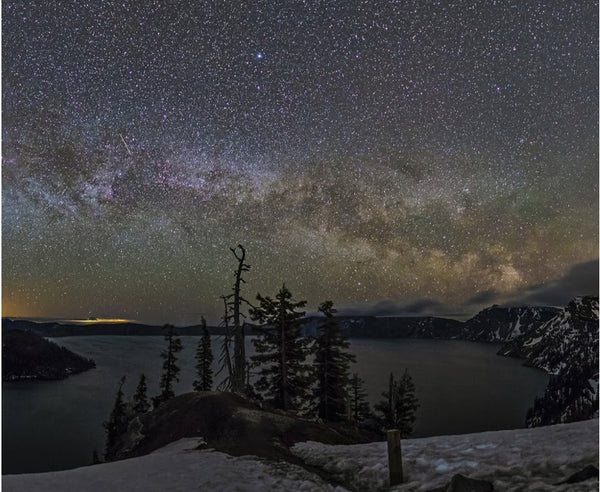
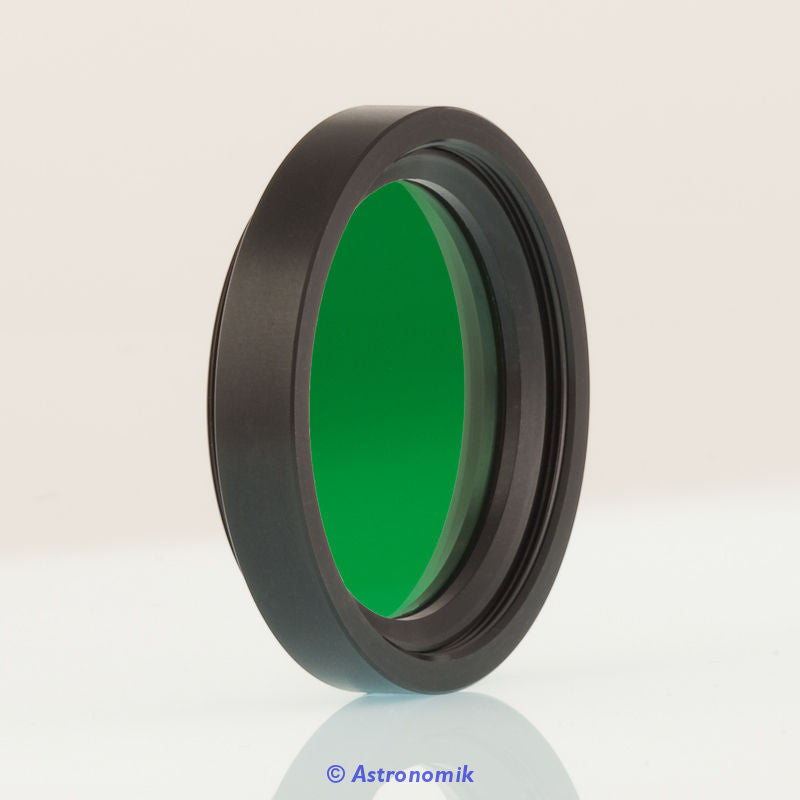
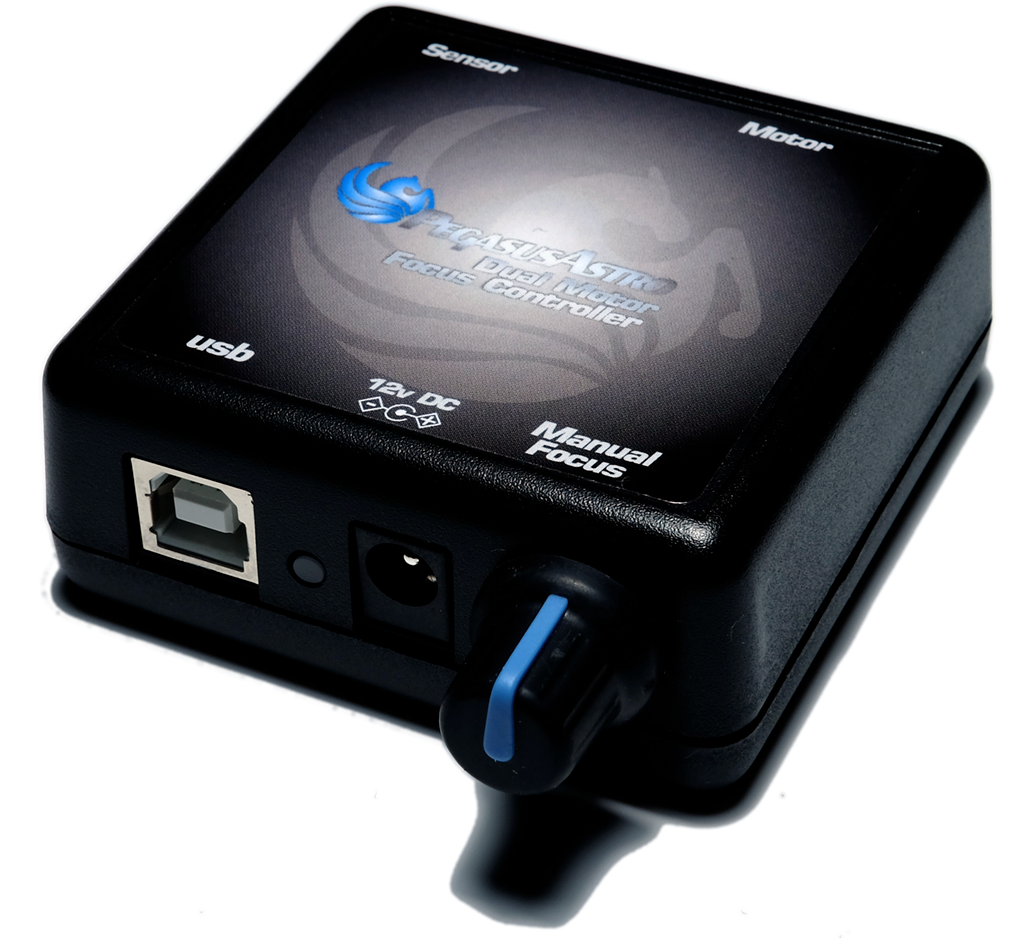
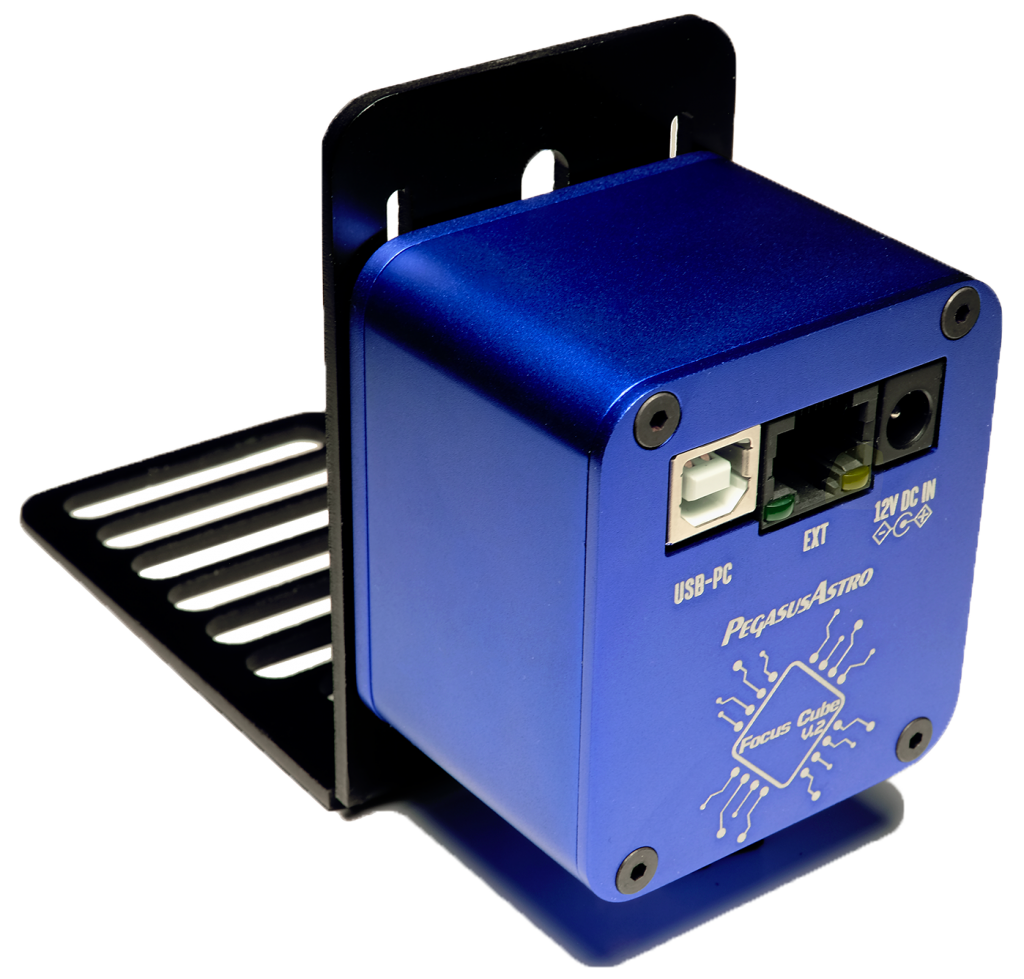
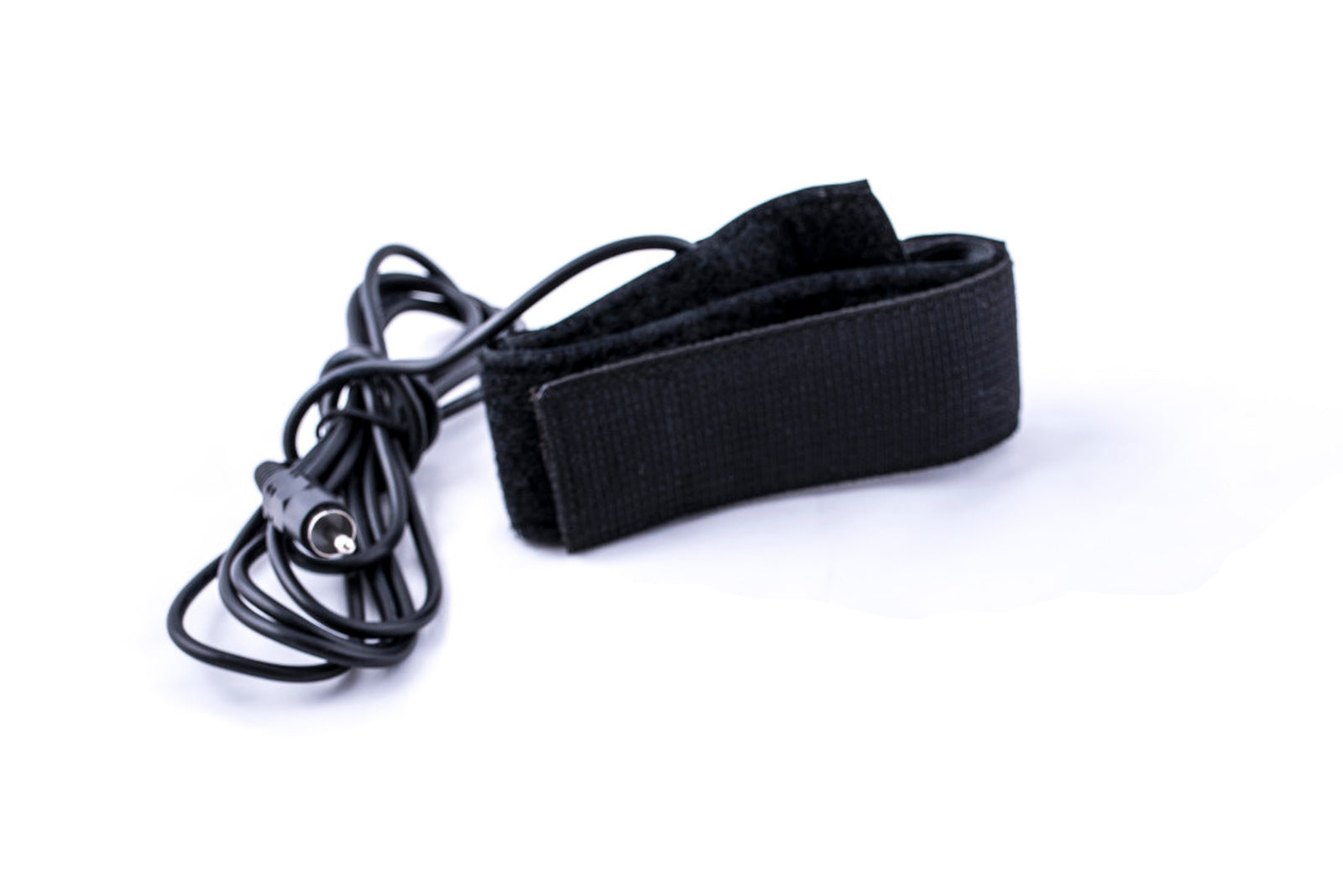
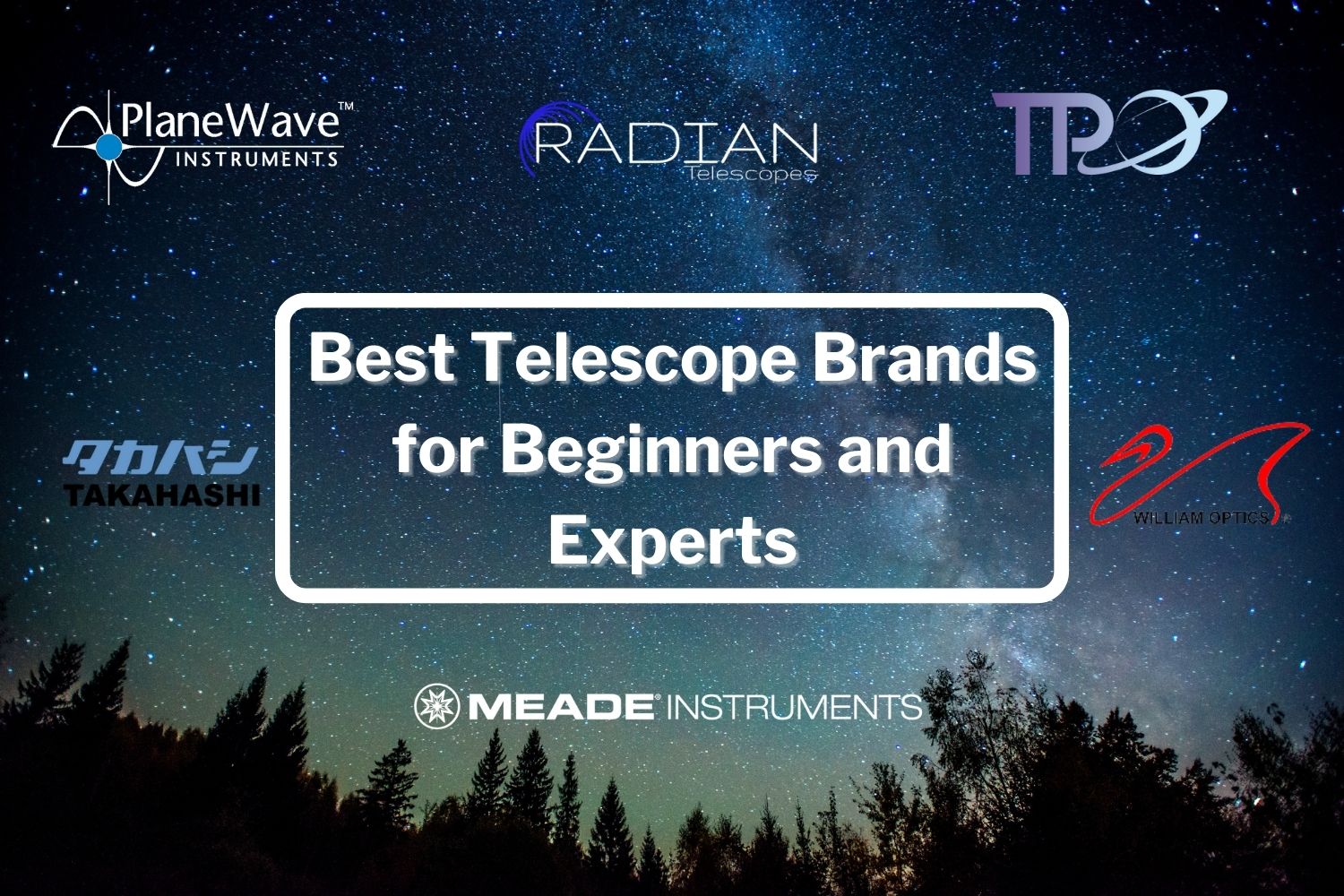
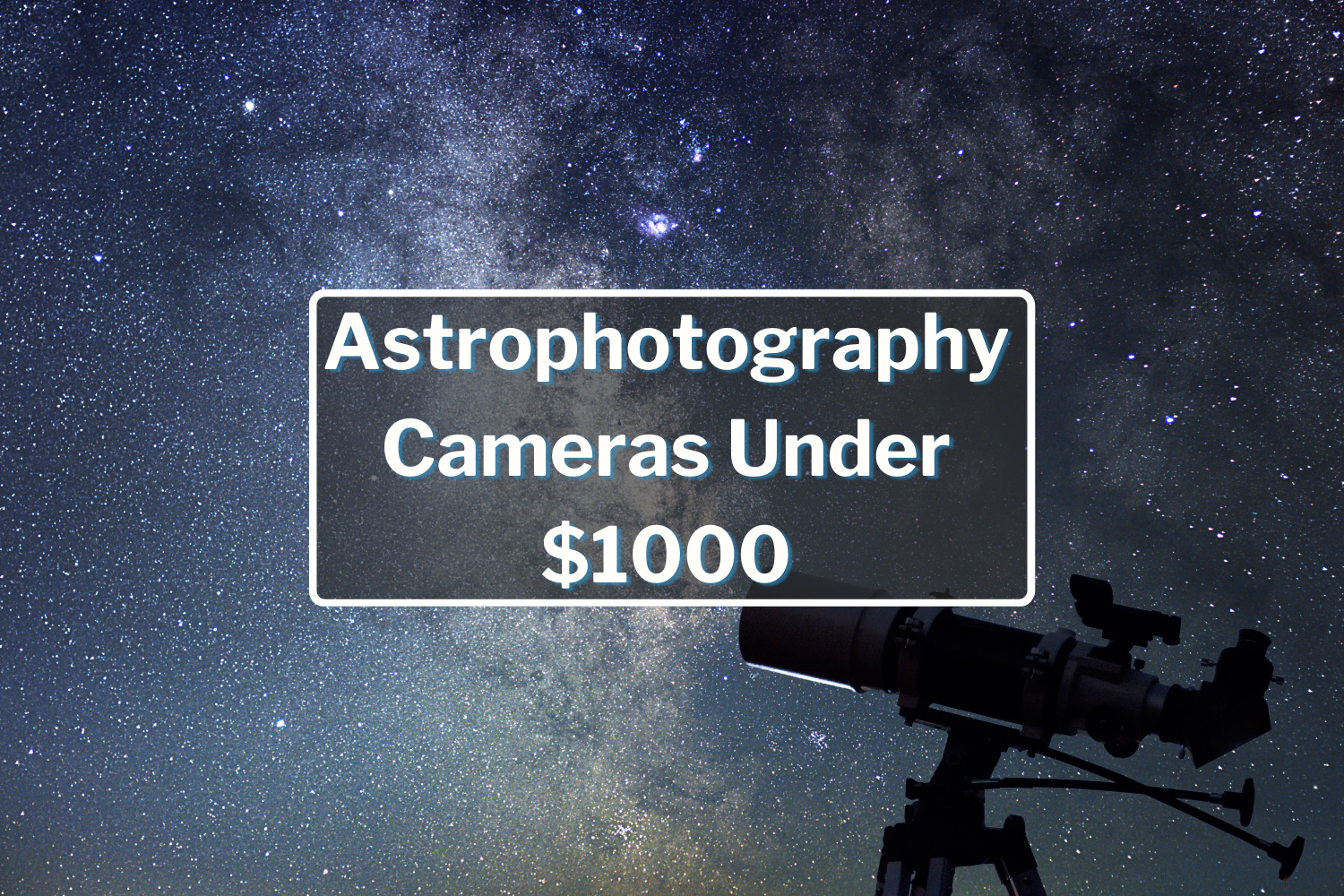

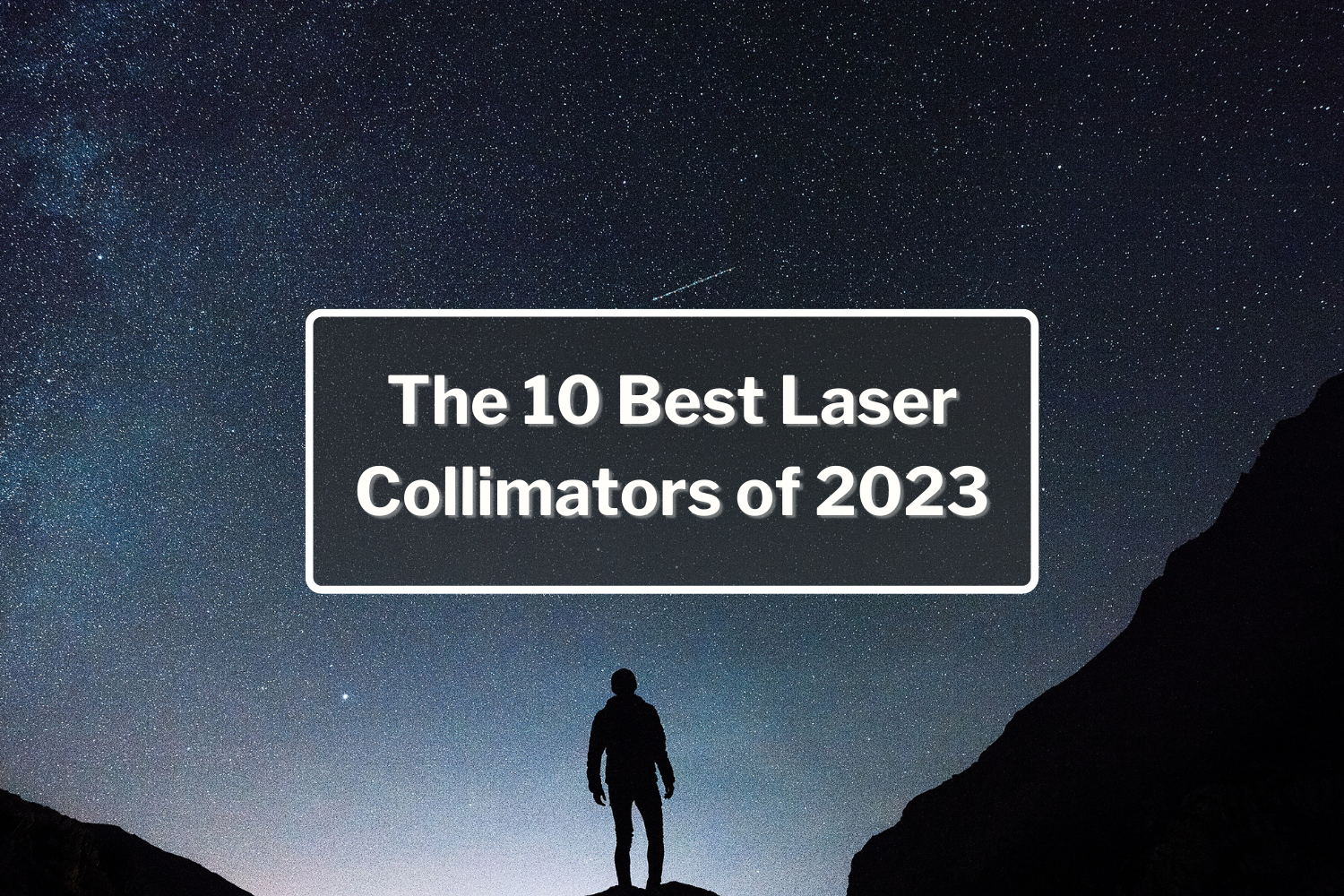
>>>
October 09, 2025
Everyone in this comment section are bots